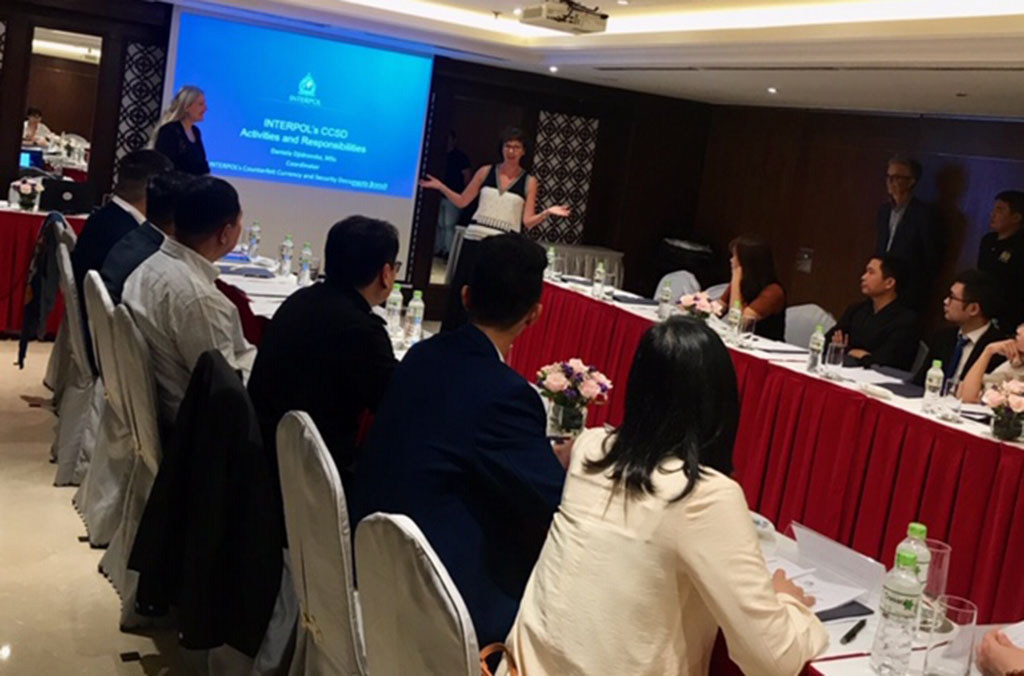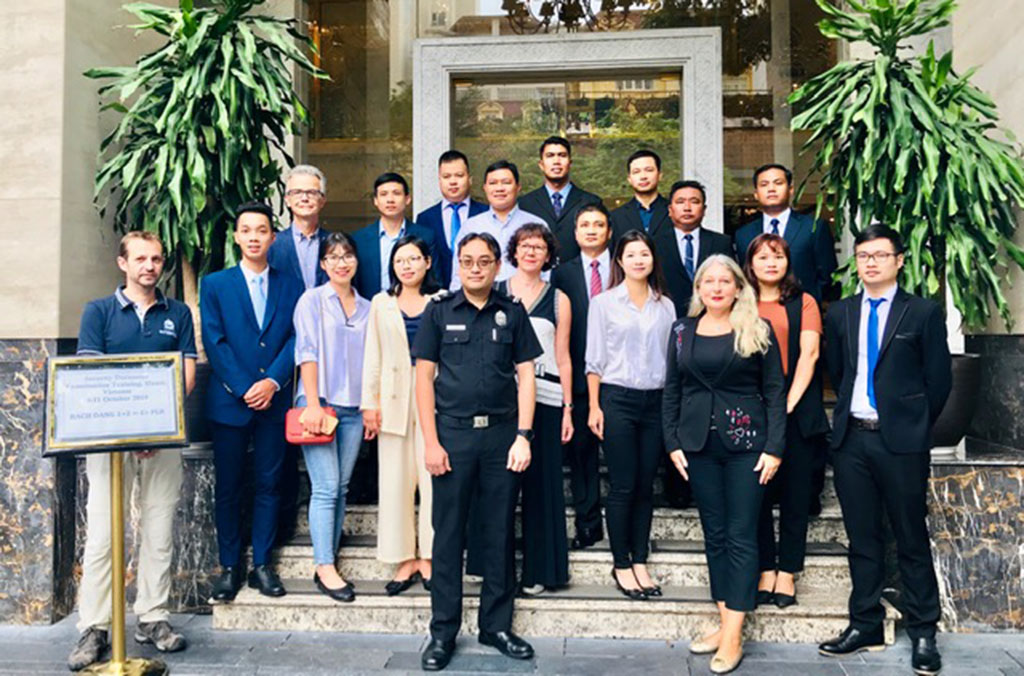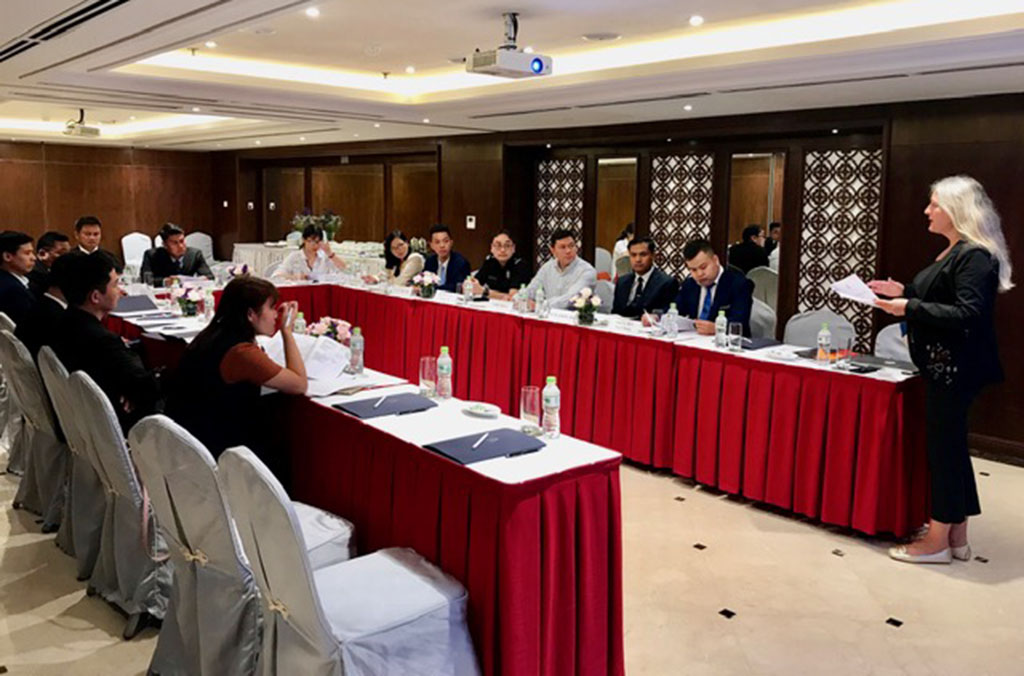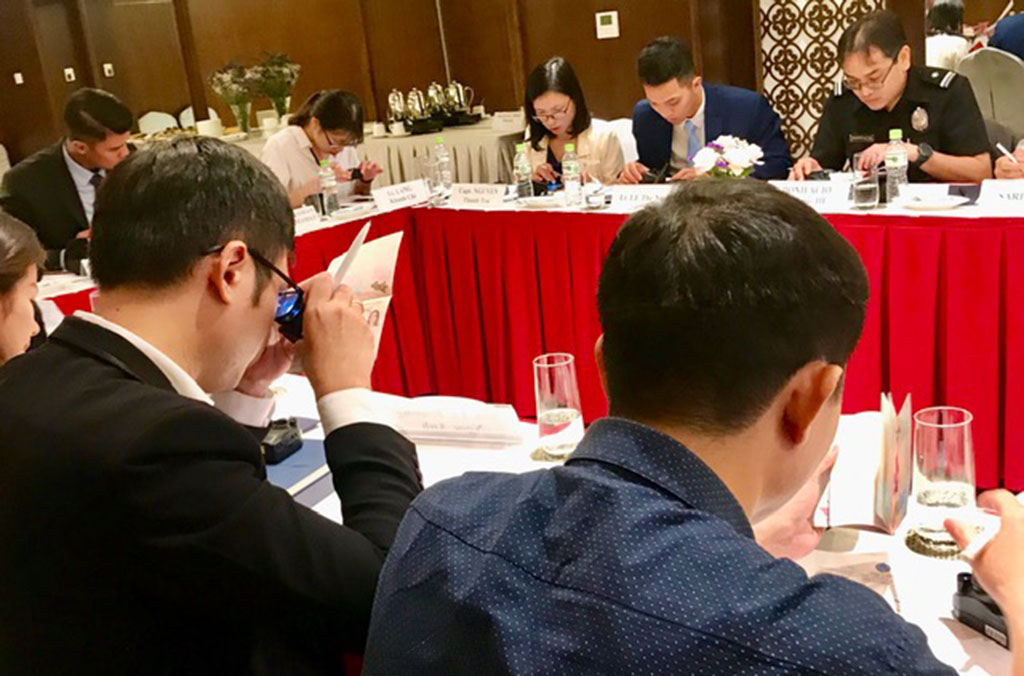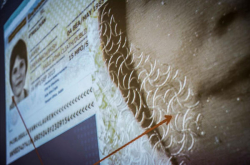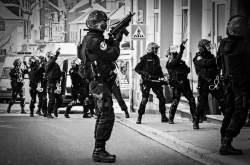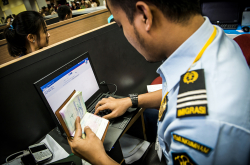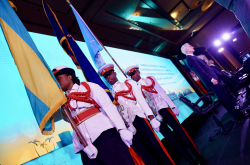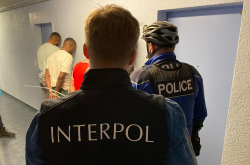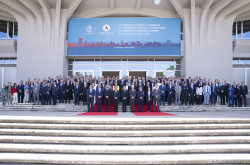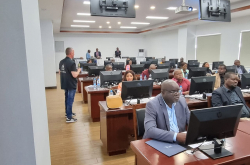The three-day (9 – 11 October) train-the-trainer activity was co-organized for the first time by INTERPOL’s Counterfeit Currency and Security Documents (CCSD) branch and IDEMIA, and involved border control and immigration officers, document experts and forensic document examiners.
The course trained participants on the latest security features embedded in official government identity documents and provided practical exercises for identifying fraudulent documents including counterfeits, forgeries, and documents obtained fraudulently.
“Besides the digitization of identity, physical ID and travel documents in particular will continue to be issued while the number of travellers is going to double in less than the next two decades. It is therefore very important for IDEMIA to cooperate with INTERPOL, to share best practices and train frontline officials in the fight against all types of document fraud,” said IDEMIA’s VP of Passport and Driver License, Public Security & Identity Business Unit, Isabelle Poulard.
The training agenda included innovative techniques to protect passports documents such as Stereo Laser Image, 3D portrait techniques, or colour laser engraving with Lasink.
The use of INTERPOL global policing capabilities was also high on the agenda, including:
- its Stolen and Lost Travel Documents database, which currently holds which contains more than 87.5 million records from 177 countries on a range of documents such as passports, identity cards, and visa stamps
- Edison (Electronic Documentation and Information System on Investigation Networks), which provides examples of genuine travel documents, in order to help identify fakes
- the Digital INTERPOL Alert Library – Document (Dial-Doc), which allows countries to issue global alerts based on newly detected forms of document counterfeiting.
“The 1st joint CCSD-IDEMIA training course provided an important opportunity for capacity building exercises on detecting fraudulent documents for the benefit of law enforcement and border control participants from INTERPOL member countries. In addition, new document security standards, future evolutions and innovative security features were discussed to enhance the knowledge and skills of participants in the fight against document counterfeiting,” said Daniela Djidrovska, Coordinator of INTERPOL’s Counterfeit Currency and Security Documents unit.
The three-day training also featured a review of incident case studies as well as country presentations.




